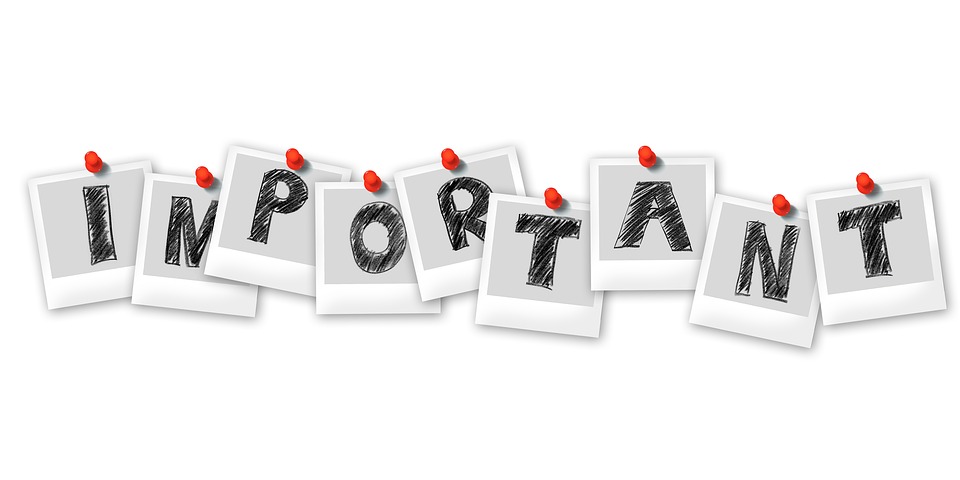Kid: Have you ever touched the sun?
Me: Nope. Have you?
Kid: No. *pause* What if you did touch the sun? What would happen?
Me: I’m not sure. What do you think would happen?
Kid: You’d burst into flames.
Me: Oh. I’m glad I haven’t done that.
Kid: Yeah, me too
This is a recent conversation that I had with an 8-year-old boy. He has also told me that no one else likes his questions, including his science teacher; who should be able to provide more valid reasons as to why touching the sun isn’t a good idea, although I have a feeling that he may be right and we would burst into flames somewhere along the way.
I’ve learned that this is his way of initiating conversation, in fact, I’ve learned that this is how a lot of kids have learned to initiate conversation with adults. I call it the question game.

What if all your hair fell out?
What if you saw a clown with a hammer?
What if snails could talk?
What if I could breathe under water?
What if it rained lollipops?
What if cows were made of chocolate?
What if you were scared at night?
What if no one knew your name?
What if you woke up and no one else was home?
What if questions tend to be followed by:
What would you do?
If a child asks you what you would do in any given situation, recognize that this is the largest form of respect a child can offer you – they are looking to you for advice on how to navigate potentially strange, unexpected circumstances. They are asking you how you would adapt.
When we think about it, should it really be surprising that so many kids learn to start up conversations via an unanswerable question? Think about it.. How often do we start with:
Why did you do that?
Why aren’t you eating your vegetables?
Why aren’t you ready yet?
Why are you wearing two different shoes?
Why are you asking so many questions?!
I much prefer kids’ what if questions to these why questions – why questions are inherently judgmental.
I like playing along with what if questions – responding to the question with another question. This is apparently a legitimate game that people play (thanks Wikipedia!). There is a lot to be learned from kids’ philosophical ponderings both about that particular child and life in general. Sometimes I ponder the question for days – because there isn’t a concrete answer.
I mean, really… What if snails could talk? What glorious things might they be able to tell us about blades of grass?
Kids share their worlds with us through these questions. There are messages within the questions that we often overlook because life is busy and who really has time to ponder what would happen if it rained lollipops?
But through these questions I have learned:
What if all your hair fell out? The child was afraid of going bald as a grown up.
What if you saw a clown with a hammer? The child had heard about the “killer clowns” on television and was afraid that they were going to climb in his window and bash his brains in with a hammer.
What if snails could talk? This child really loved snails – a lot.
What if I could breathe under water? How do you know that I can’t? The child had been watching fishing shows on television and was amazed by gills.
What if it rained lollipops? This child really liked lollipops – a lot.
What if cows were made of chocolate? This child knew that I loved chocolate and wanted to know if I liked chocolate more than hamburgers – the answer is no. Hamburgers are superior to chocolate.
What if you were scared at night? This child was afraid of the dark and believed he was the only one afraid.
What if no one knew your name? This child was very shy and no one remembered her name at school other than the teacher.
What if you woke up and no one else was home? This child had actually experienced that and had become afraid of falling asleep.
So how do you play the question game? Simply ask more questions:
What if all your hair fell out? What if that did happen? How would my head stay warm?
What if you saw a clown with a hammer? That would be terrifying. Who should I call?
What if snails could talk? What would be the funniest thing they might say?
What if I could breathe under water? How do you know that I can’t? What would you do underwater if you could breathe?
What if it rained lollipops? What flavors do you hope would fall?
What if cows were made of chocolate? Where would I get a hamburger from?
What if you were scared at night? What would make me scared at night?
What if no one knew your name? How would people know who I was?
What if you woke up and no one else was home? Where would they have gone?
I worry about the kid who told me no one else likes his questions – at what point is he going to stop asking them?
What is the most philosophical question a child ever asked you?

Leave some thoughts below in the comments. Don’t forget to subscribe to receive notification of new posts. I promise I won’t spam you!
via Daily Prompt: Glorious













